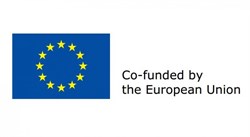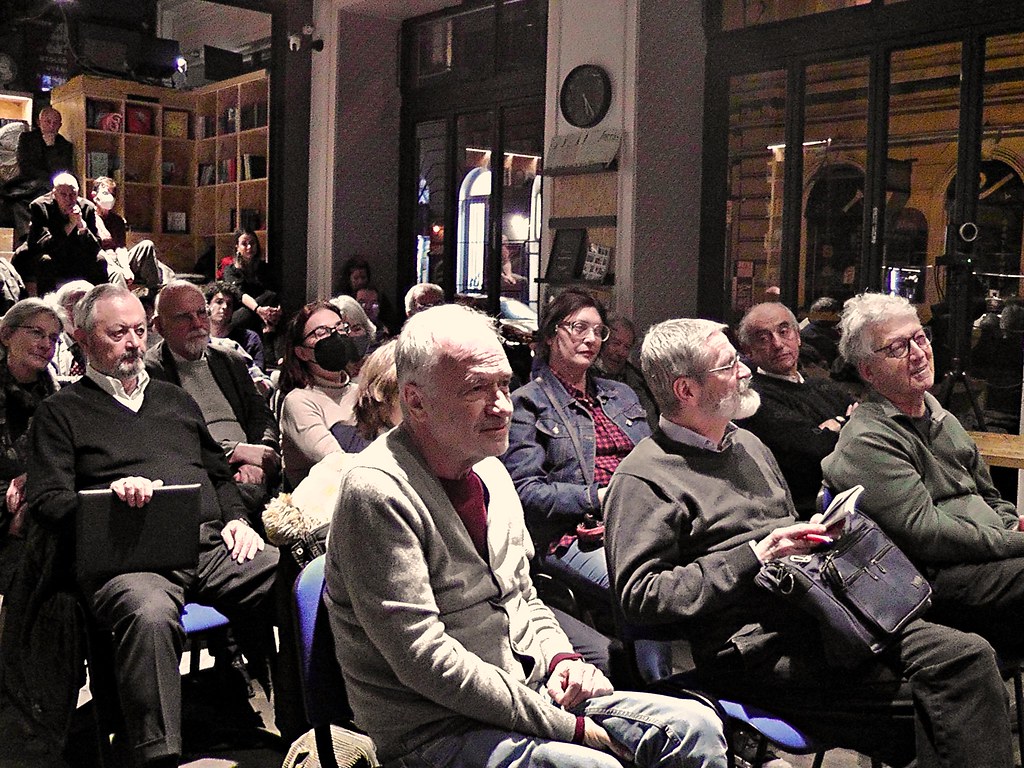

In October 2022, to mark the release of a new film in which two emblematic figures of the regime change, József Antall and Árpád Göncz were the protagonists, Republikon Institute organized a discussion on the lives of the two politicians. As Gábor Horn said in his opening remarks, the discussion was not aimed at reviewing the film, but painting an accurate picture of the two regime changers' personalities, lives and careers.
In the first part of the program, Sándor Révész, historian, writer, and journalist, talked about József Antall, while journalist János Dési presented Árpád Göncz based on their respective books dealing with the politicians’ legacies.
Sándor Révész claimed that József Antall’s worldview was that character does not need to change, that an individual does not need to change their mind, therefore, he firmly believed that the only possible way forward for Hungary was democracy with free capitalism, implemented by him. He expressed this view as early as 1952, and later encouraged his students to revolt, however, Révész pointed out that Antall had made untrue claims about his role in the events of October 1956. He also stressed that the former prime minister, despite his promotion of the political and economic system he would deem desirable, like most people, was not prepared until 1989 for the possible introduction of a capitalist market economy and parliamentary democracy. According to Révész, apart from his lies, Antall’s gravest political mistake was that his party was not made up of people who were capable of governing and that he himself was not capable of unifying Hungarian society.
János Dési remarked that the popularity of the former president of the republic, Árpád Göncz, had its roots in the personal stories and anecdotes that were linked to him rather than his political position. At the same time, he was a man with a very strong political character, which was the cause of most of his conflicts: he did not want to be a president who only signed laws and kissed children’s heads. However, Göncz’s critics say that by his last four years as President of the Republic he had become exactly that.
The second part of the program consisted of a round-table discussion, where close friends, colleagues and comrades-in-arms of the two regime-changers talked about how they saw these influential Hungarian politicians.
Writer István Elek, a founding member of the Hungarian Democratic Forum (MDF) and former MP, expressed his disagreement with Sándor Révész’s words, saying that he had presented untrue information about József Antall and that instead of seeking division, opposition intellectuals should stand united against the ruling government. He further explained that the false stories spread about the period under discussion still have a detrimental effect on the way people perceive the regime change and the subsequent years under Antall’s government.
Iván Pető, historian, founder of the Alliance of Free Democrats (SZDSZ) and former leader of the party, said that Antall was a good prime minister for his potential, and unlike Árpád Göncz, he believed himself to be a politician who could hold his ground anywhere in the world. The difference between the two statesmen, he believes, is that the former president remained a likeable, ordinary man, while Antall, given his long preparation, became a respectable politician.
András Gerő, historian, university professor and doctor of the Hungarian Academy of Sciences, believes that the regime change was a great event in Hungarian history, regardless of how the participants of the regime-changing elite related to each other. The most important moment of the regime change was the transformation of the socialist planned economy into free capitalism, which entailed critical social changes as well. The most negative motive of the period is the hostile atmosphere that developed between the voters of SZDSZ and MDF. According to the historian, this phenomenon is still palpable between today’s political blocs too.

The operation of Republikon Institute between 2018 and 2022 is co-founded by the European Union's "Europe for Citizens" program.











